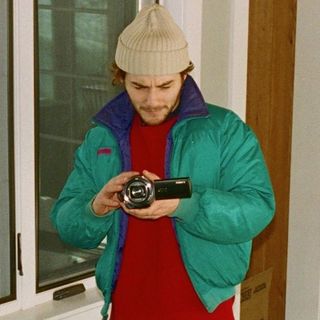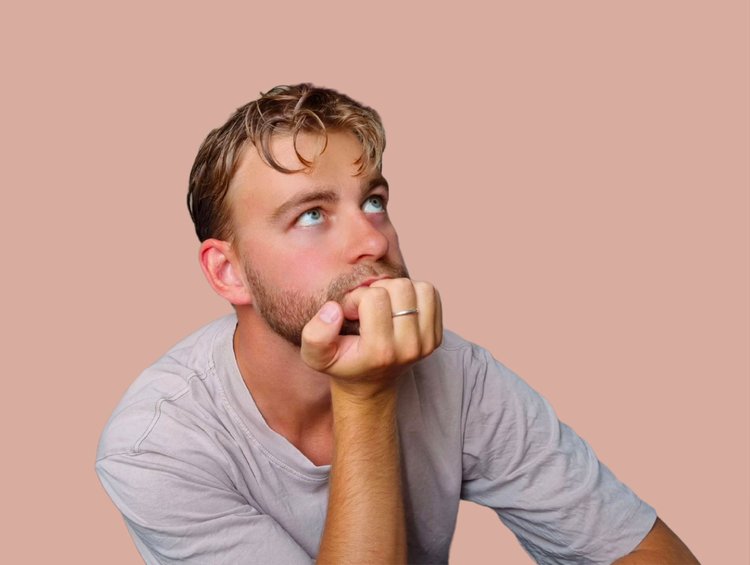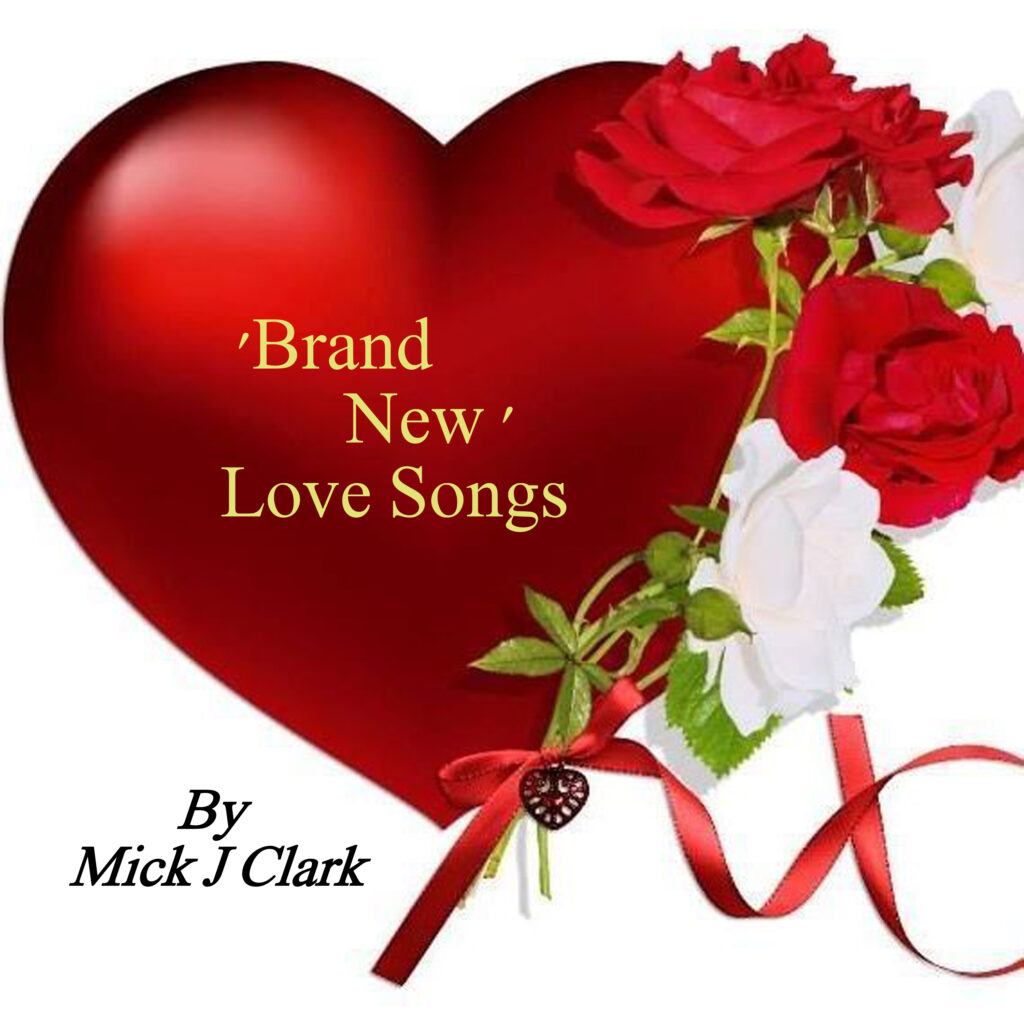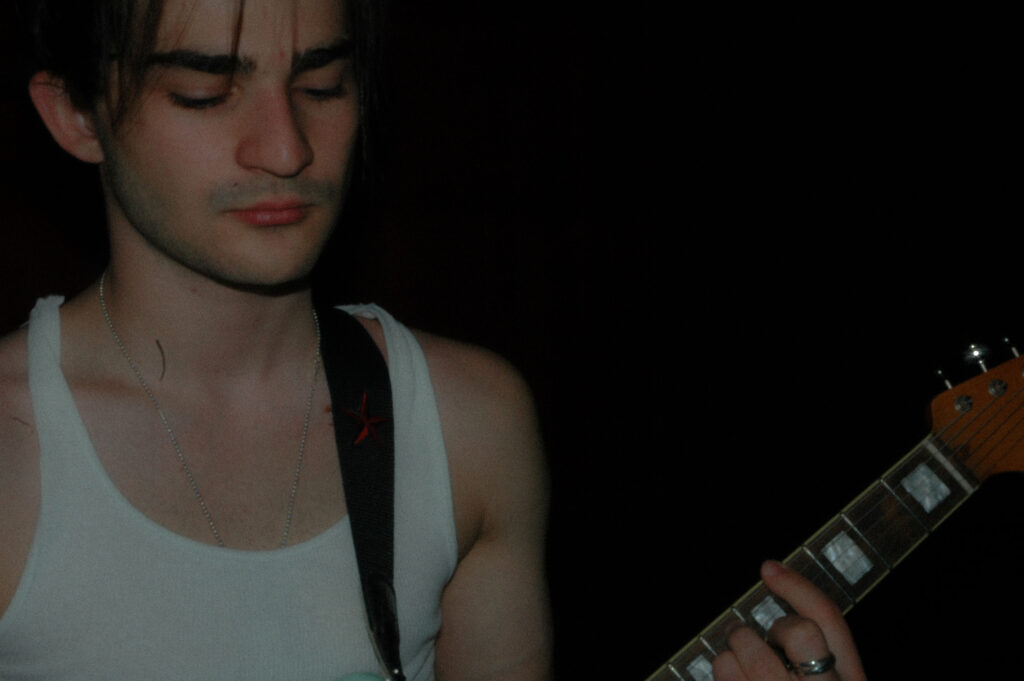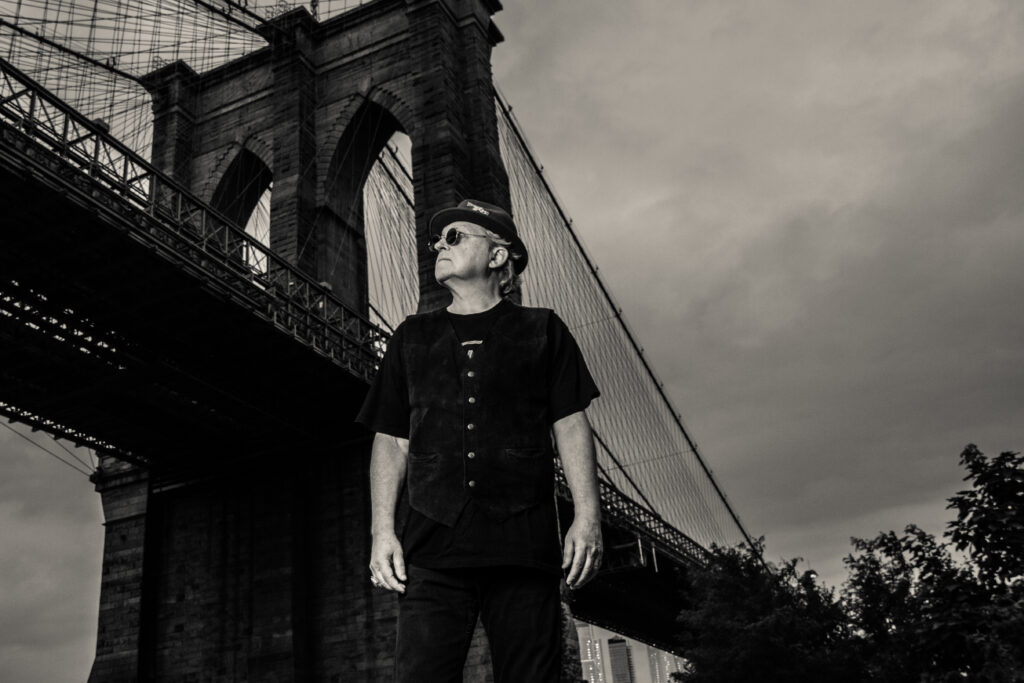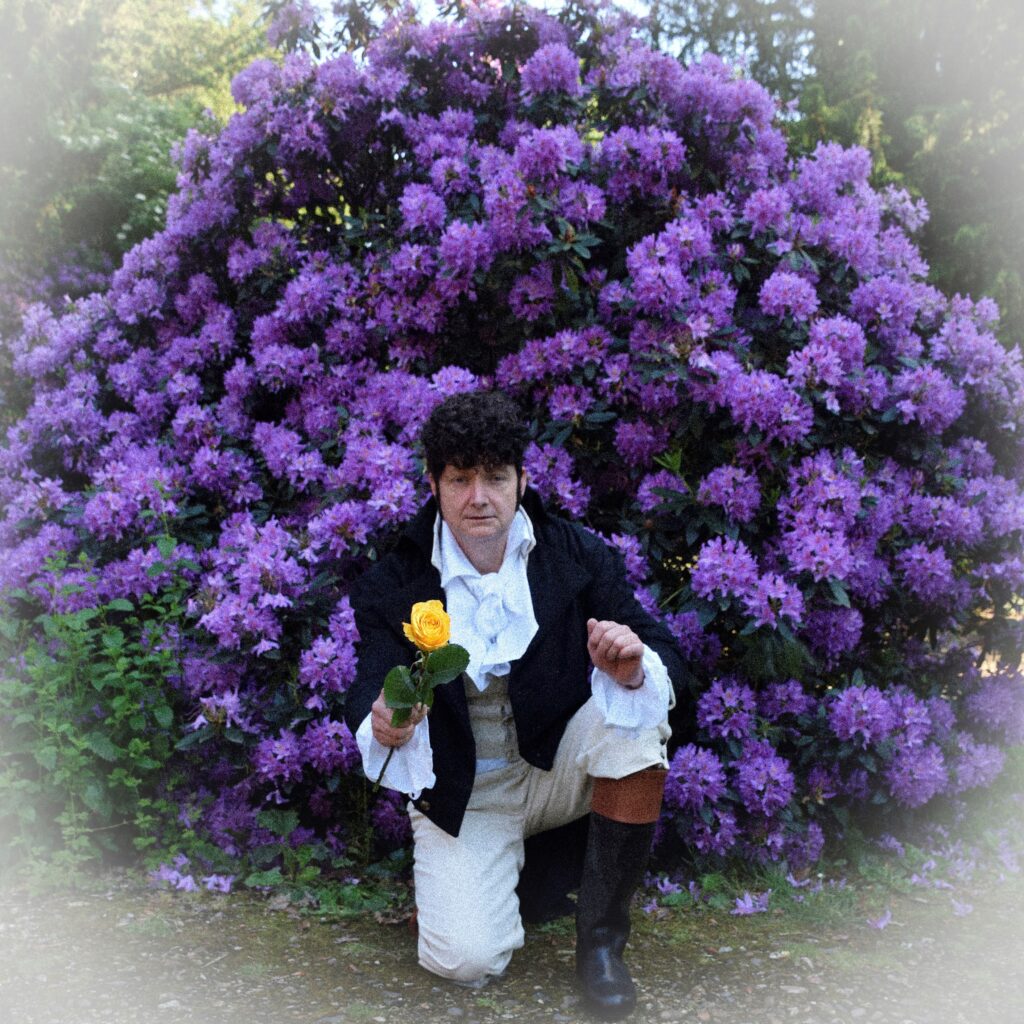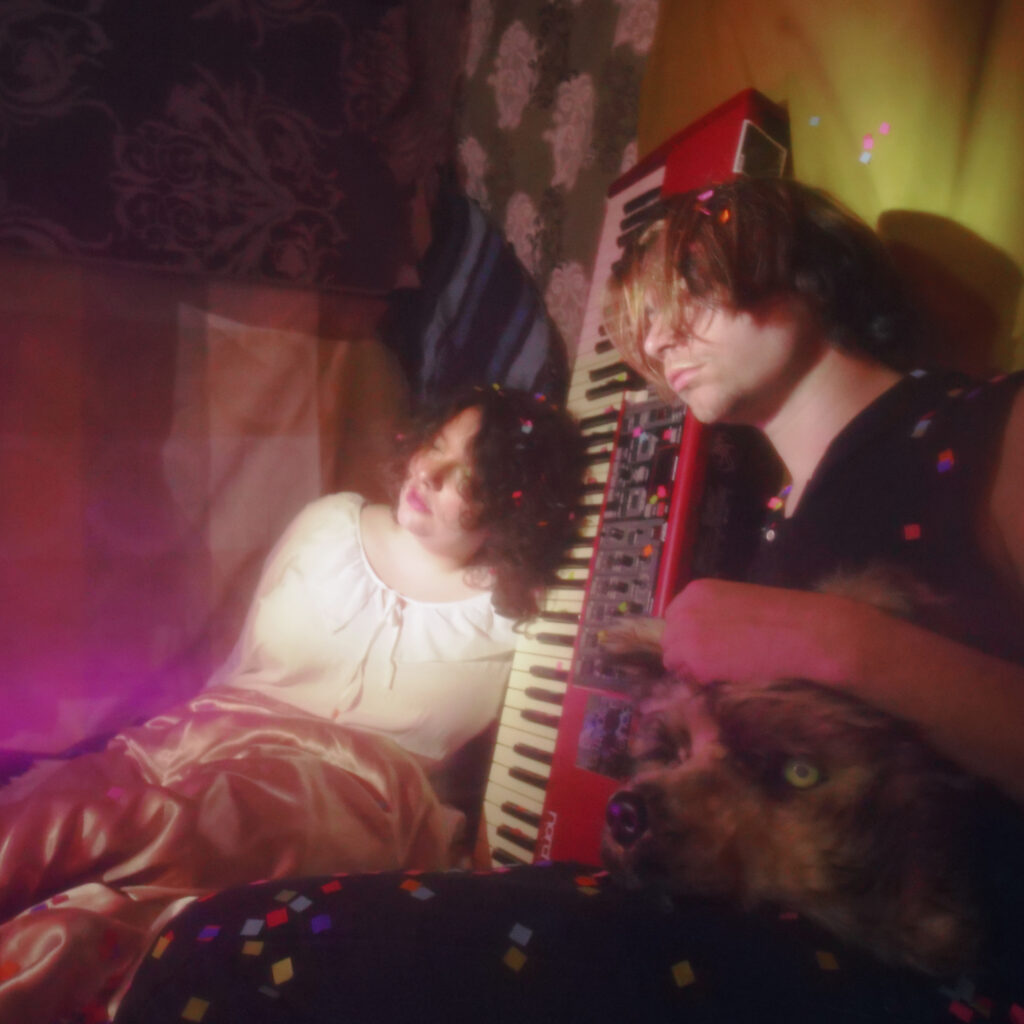A Quick Chat With Nabil Muquit About “Augustina”
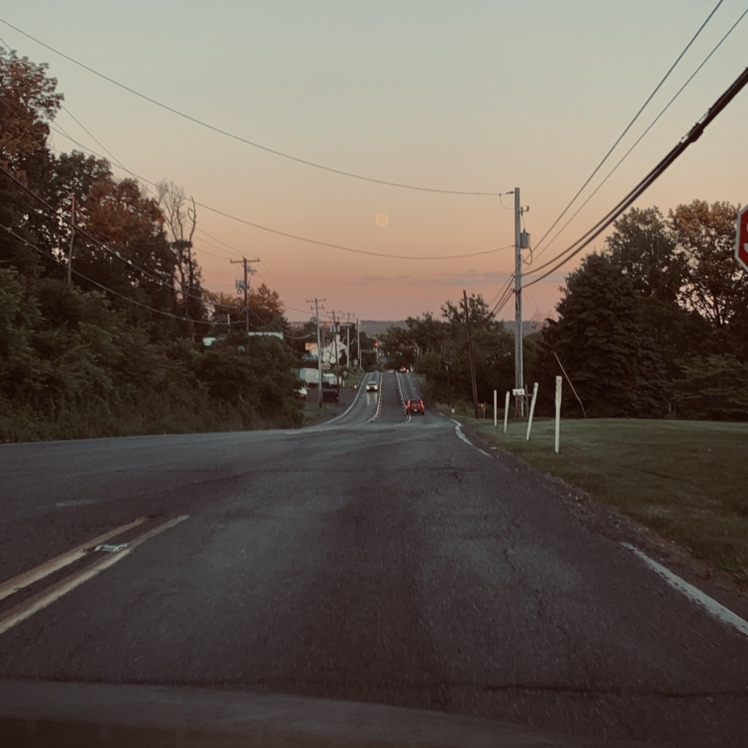
Q: Hi! “Augustina” began in a dark UNT studio. What was going through your mind in that moment, and how did that atmosphere shape the song?
A: I played the original idea a couple times then posted it to my IG, and people were responding with really positive feedback. One friend said the music I was making was really innovative, so i took that clip, then the next day made a pt. 2 and then I put it on sheet music soon after to try it with my band. There might be a video out there of the first performance circa winter/spring 2024, but anyways, people really dug it, so I went in the studio again soon after and made a studio recording just with a midi keyboard and logic and thats the recording you hear today.
Q: Rooted in a longing for intimacy and a sense of fantasy, Augustina channels a romantic energy that feels rare in today’s music. What led to the creation of that emotional world?
A: I hope that this piece just brings healing and optimism to the world that I think is missing in music today. Let’s stop worrying about the finished product, and lets start enjoying our collective journey, together as we walk through this world.
Q: Relocating from Philadelphia to Texas marked a major shift personally and creatively. How did that journey redefine your musical direction?
A: Surprisingly enough, I think two major things happened for me when I moved to Denton from Philadelphia. First was my love for the piano increased, writing melodies alongside some harmonic structure really helped in my ability to write compelling and meaningful songs, second I think that my love for jazz, specifically jazz harmony and rhythm grew. Since i started on the saxophone, I always thought of things in a melodic context, but being arounds pianos everyday I really started to embrace creative approaches to melody, harmony and rhythm. Playing with the timing of things, creating my own harmonic landscapes, and messing with timbres and tones I had never before been able to express, I think the move was a musical awakening for me.
Q: The collaboration with Jake the Jeweler on Kelly Drive/Pistachio added a new layer to your discography. What creative momentum did that project unlock?
A: Me and Jake still work together regularly, its just has been a struggle to get us in the same place physically because of the long distance from Philly to Denton and vice versa. I wanted to test my skills on this track by making something that was meaningful and compelling that I would be happy with to release solely based on the production. The way its out on streaming, is exactly how it came out when i produced it. I wanted to let my vision shine through on this track in a way that was intimate in the exact way that I wrote it.
Q: Mentored by jazz saxophonist and singer-songwriter Braxton Cook, your entry into solo artistry began during college. What influence from that mentorship still echoes in your current work?
A: Braxton was kind of the guy that paved a way for artist like me who want to be jazz musician while also commercially successful. I’ve looked up to him for years now, and something he’s explained to me is that it’s so important to have guidance; to learn and really absorb material both in music and in life. Things will be good in your professional career in you follow in your mentor’s footsteps, but things will be great when you really start to understand how to take your mentor with you in spirit, and pave your own path that works for you. One thing, he embodies to that I kind of just picked up on is that you have to be a genuinely cool person, and be open minded to peoples perspectives. Its one thing to just accept someone’s company, but another to make them feel seen and heard. Braxton always made me feel seen, even when I was just a young kid who was just trying to figure out music and life on his own.
Q: Blending lofi hip hop, ambient jazz, and electronic dance, Augustina builds a genre-bending soundscape. What draws you to working across styles instead of staying in one lane?
A: I think a breakthrough for me in my writing process was that when I feel something, and it feels good, I’m always happy with the end result, and likely the audience will be too. The writing of the song, the composing was quick and spontaneous so it just felt right when I was in the studio to do things the way I did them. In terms of genre, i try not to over complicate things during creation, but when the ideas finished and I give it some time to sit with me, I start thinking about the marketing, the audience, the backend stuff that most artist today would think goes first. I love music, and i think music comes naturally to me, so I try to use that to my advantage and let the creativity speak for itself.
Q: Before its official release, Augustina became a staple in your live sets. How did audience reactions during those shows influence the final production?
A: This was kind of intentional, but I wanted the studio version to be more subtle and understated because I wanted it to reflect the dreamlike nature of who Augustina is. As opposed to when we play it live, its more of a rocking-out context thats passionate and brings energy to every room it’s played in: in simpler terms the studio is the meditative version of the ethereal, passionate song.
Q: Augustina is portrayed as a woman of fantasy—a figure shaped by desire and imagination. What does she represent in the broader narrative of your artistry?
A: Well it’s funny, Augustina truly is a this imaginary character who is so real for me, but always out of reach it seems. I think she is all those things, a muse, a memory, a metaphor, and I would add, a manifestation; she’s a regular character i see both in my imagination and in the real world, who’s embodiment, her sole existence is a source for inspiration.
Q: Writing alone in quiet studio spaces seems to be a recurring part of your creative process. What role does solitude play in bringing your songs to life?
A: I think I get my favorite ideas writing in solitude, but I also love sharing what I’ve come up with with my colleagues and people I collaborate with. Solitude is nice for my process because I can truly translate my ideas in their rawest form and I think “Augustina” is a testament to that
Q: With a growing body of solo work and a sound that defies easy classification, how do you stay grounded in your artistic identity while building momentum in a crowded music scene?
A: it’s definitely a challenge, especially seeing that every year it just gets more and more competitive in the music industry. However, I think for me stay grounded means just letting things flow through me, and riding the waves instead of trying to fight the current. I’m gonna work at my own pace always, and thats why I think I’ve found success in my compositions and my artistry
Q: What’s next for the rest of 2025—more singles, live performances, or something unexpected?
A: I’m going to get more into acoustic sounds I think. I want the ambiance of jazz records of the 60s and 70s, the way the drums sound, how the pianos where recorded, to come through on the next couple releases.

